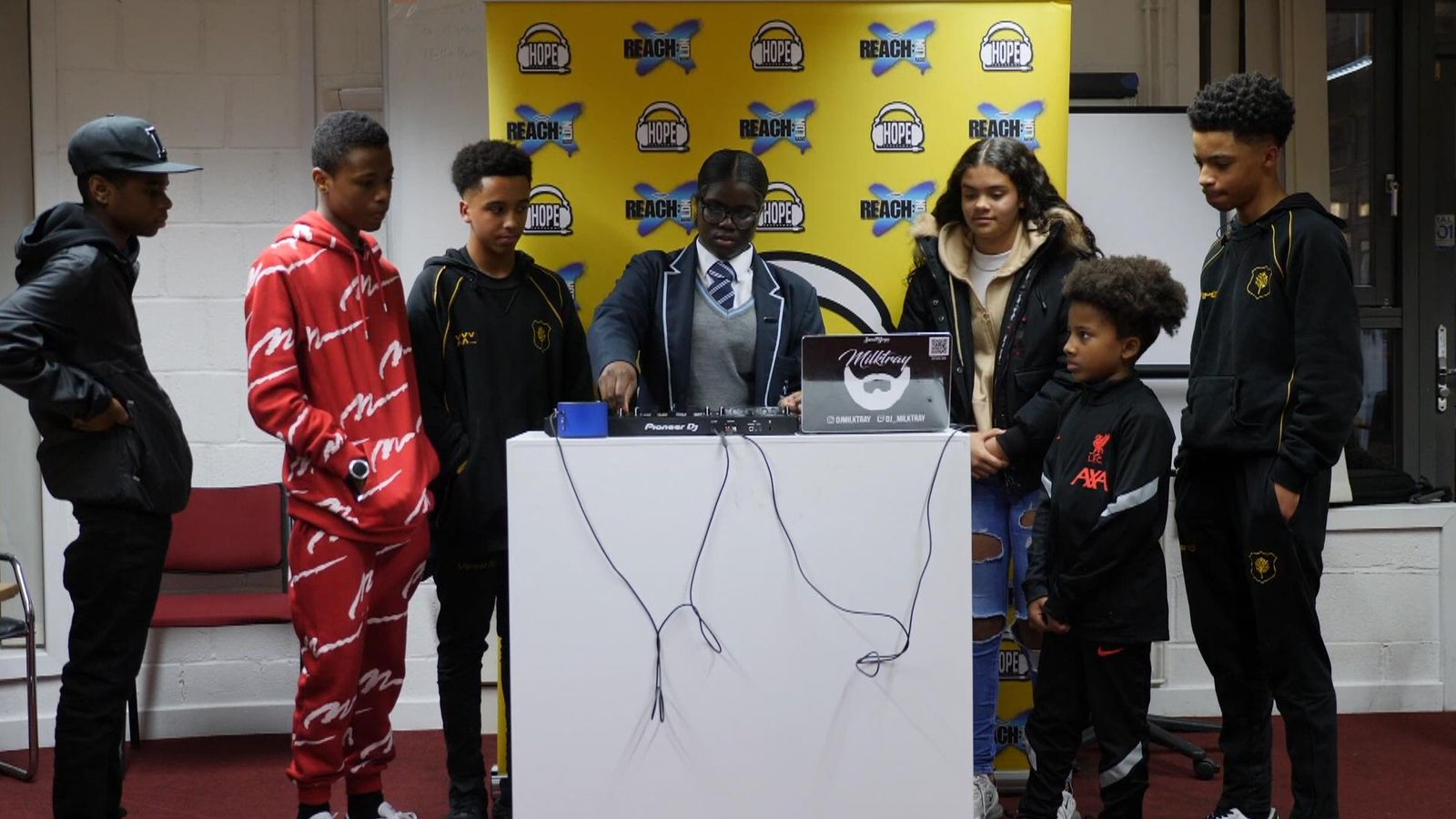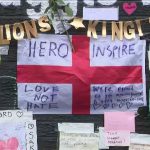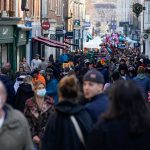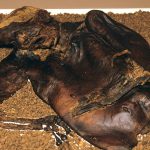Last year, Croydon was given an unfortunate label – London’s knife crime capital.
Five teenagers were stabbed to death in the south London borough over the course of 2021.
This year, however, police figures suggest there has been a turnaround, with no teen lives lost to knife crime so far.
A youth worker from the area has put the drop in deadly violence down to a combination of better relationships between young people and the police, as well as grassroots programmes.
Anthony King, who works with a number of organisations in the area to support young people, called last year’s death toll “heartbreaking”.
“It just seemed all too frequent and all too often, it was too many families. One week, two young people lost their lives on a small street in Croydon,” he said.
The killings resulted in a number of meetings to discuss a strategy to reduce teen deaths in the area.
Mr King insisted on working with the police as part of this, despite a historic mistrust of the force, which he himself felt growing up.
“As a black man? We were told never ever to have them near your house, don’t be seen in pictures. I’m the crazy individual that said I’m going to change that narrative,” he continued.
Part of doing that saw him build a bridge between young people and the police, in the form of training sessions, like one Sky News was invited to last summer.
Greater trust developed between young people and the police
At the event, Mr King allowed young people to talk openly about issues that included their experiences of tactics like stop and search as well as their recollections of growing up in the area, before ending the day with a football match between all the groups there that day.
Mr King also hosts weekly meetings on Fridays, involving officers, community leaders, statutory organisations and local teachers.
One of these was recently attended by the Metropolitan Police Commissioner Sir Mark Rowley.
This not only allowed them to set up initiatives like police visits to schools, it also allowed for a joined-up approach in which relationships between young people and the police were allowed to grow and develop.
This has led to not only greater trust, but better intelligence sharing according to Superintendent Andy Brittain, who leads neighbourhood and partnership policing in the borough.
“I’ve been working in Croydon for quite a while now and I kept hearing a phrase: it takes a village to raise a child. I don’t think I really understood that until recently,” Supt Brittain said.
“What we’ve done working with the community down here is we’ve built that village. We’ve now got people who come together and work with us to try and keep the children safe.”
Supt Brittain also admits trust in policing was an issue they needed to address, something they did by working with third sector organisations and charities he described as “trusted and believed by the kids”, all of which he says has led to less of a wall of silence.
‘A lot of innocent people are getting hurt’
One Croydon resident who knows about the impact of the violence first hand is Julius Cools, who’s son Jermaine, 14, was the youngest teenager stabbed to death in Croydon last year.
He has since turned his Caribbean takeaway into a tribute, with pictures of Jermaine on the shop front as well as inside.
His son’s young face adorning the counters is a constant reminder of the violence that has left him with a void in his life he will never fill.
Despite the police figures, he remains unconvinced the scourge of knife crime is less of an issue.
“We’re just living in a world right now which is crazy, he said.
“Some of the people, they have no love in their heart and a lot of innocent people is just getting hurt.”
In his shop earlier this year, an incident took place that confirmed his thoughts, when a man wielding a machete stormed into his shop, apparently attempting to attack a woman.
Julius, inspired by the memory of Jermaine, jumped over the counter and wrestled the blade away before the man fled and police were called.
“When that happened, all I could think about was my son,” he remembered.
“I’m living a life now, where if I can protect somebody from getting hurt, I will do it, because I don’t want any parent to go through the same pain I’m going through. It’s not an easy one, that pain will not go away.”
‘We try to give them a family’
Preventing other parents feeling the pain, Julius feels, can also come through grassroots programmes that work with young people at an earlier age, steering them down the right path.
One of those that has grown in Croydon in the last few years is the Hope Programme, offering young people lessons on how to DJ, while also giving them life skills and opportunities like career mentoring and help with their CVs.
It offers beginner, intermediate and advanced sessions while working closely with the parents of the young people involved.
After a session in which the children played their own mixes back to back in front of their parents, Sky News spoke to them and the programme’s co-founder Martin Wright.
Read more:
‘Huge backlog’ of court cases ‘to blame for knife crime offenders not being jailed’
‘It’s crazy out there’: Closure of youth clubs across UK ‘pushing children to violence’
Known as DJ Milktray, he regularly appears on well-established radio stations like BBC 1Xtra and also played a set at Buckingham Palace for the Queen’s Platinum Jubilee earlier this year.
He says the children he supports are aware of the violence in the area, but he’s here to show them a different way of life.
In recent months, the group have been to the Ministry of Sound, a London club known as one of the homes of dance music, as well as Premier League Football club Crystal Palace’s Selhurst Park ground.
“I think because of where we are located here, it’s hard for them not to know,” he said.
“Some of them have school friends, family members, etc, who are kind of out there on the road. But that’s what we’re here for.
“It’s not just about the music, we try to give them a family, a feeling, a place where they can feel safe. It’s not only for them but their parents as well.”






















